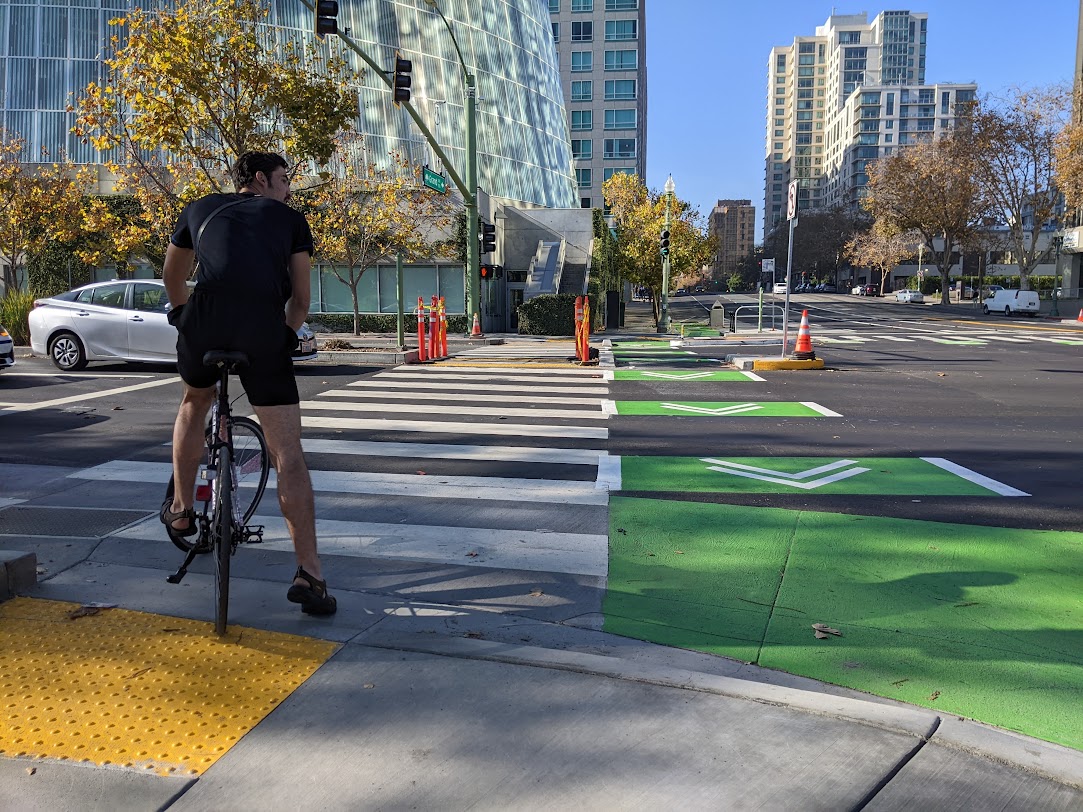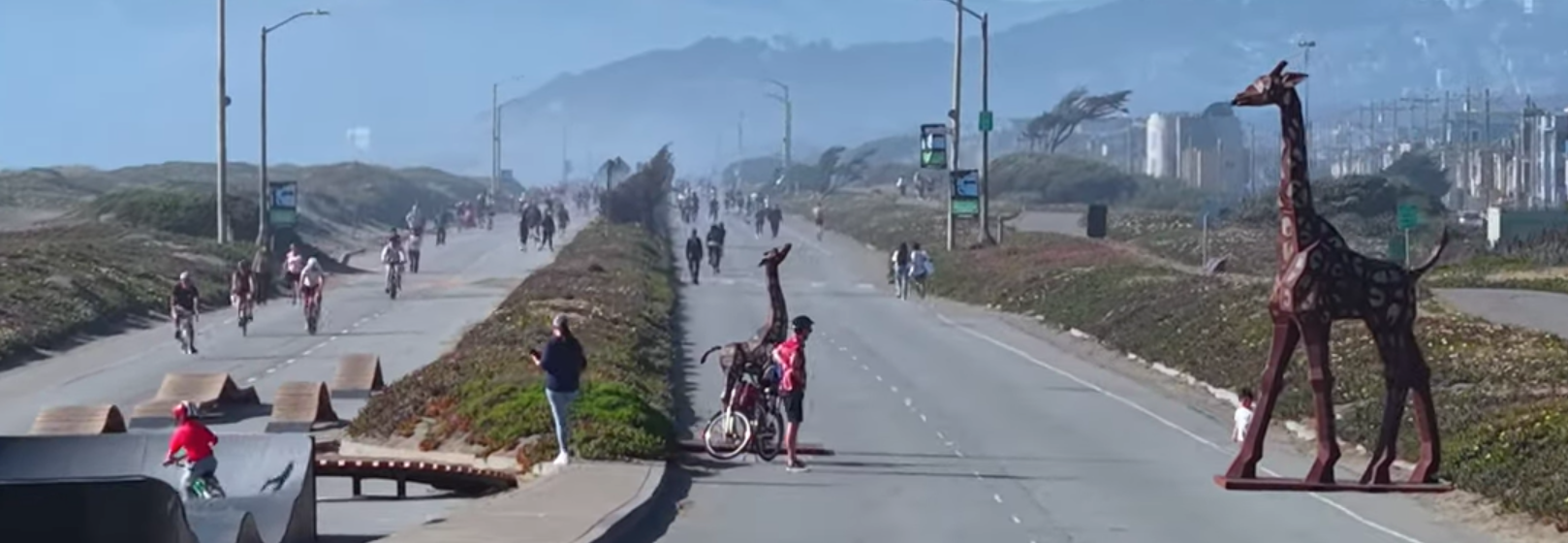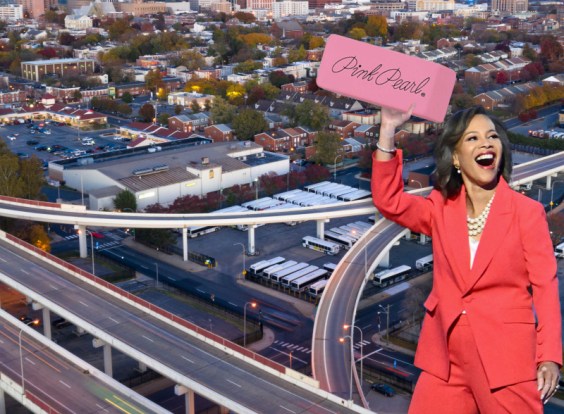The Transportation Security Administration (TSA) is
linked most closely in the popular consciousness with aviation security,
but its mandate also extends to protecting rail and transit systems -- a
job that needs to get more attention from the agency, according to
senior senators from both parties.
 Security on
Security onNew York City's subway, above, was boosted last month after transit
bombings in Moscow. (Photo: AP)
At a Thursday hearing of the Senate Commerce Committee, which has
jurisdiction over the TSA, Sen. Frank Lautenberg (D-NJ) noted that the
agency has yet to finish a rail security risk assessment and strategy
outline that Congress ordered up by 2008 at the latest.
"Get going" on strengthening TSA's surface transport security work,
Lautenberg told David Heyman, assistant secretary for
policy at the Department of Homeland Security (DHS). "This is an
outrage that it's taken so long.
This is like the traffic cop standing on the sidewalk and watching the
traffic go by [not thinking] about when he ought to interrupt the flow
to
keep the cars from crashing into one another."
The commerce panel's senior Republican, Sen. Kay Bailey Hutchison (TX),
also raised pointed questions about TSA's policy of conducting
inspections at the top 50 U.S. transit networks once every three years.
"Does that seem like enough supervision," Hutchison
asked, "if the transit
agencies know that once an inspection is done, they won't be
inspected for three years?"
Heyman described the inspection schedule as "in sync with
the granting cycle" that TSA uses for rail security funding. "There are
about 5,000 transit
sites across the country, and given the limited [number of] inspectors,
that's the
tempo of operations I think that can be sustained at this
point," he told Hutchison.
The DHS is the parent agency of TSA, which has lacked a permanent
leader since the White House's second nominee for the post in two months
withdrew his
name from consideration amid media scrutiny.
The nonpartisan
Government Accountability Office (GAO) released a new audit of TSA in
advance of the hearing that focused on its unfinished business in
gauging security vulnerabilities on local rail and roads. Stephen Lord,
the GAO's homeland security director, told the commerce panel that the
locally-managed nature of many transit systems heightens the importance
of the agency's collaboration with state and local governments, as well
as private-sector operators, all the more important.
"TSA needs to do a better job of interacting
with ... transit stakeholders," Lord said. "There's a lot of expertise
there that we're not certain TSA has actually taken advantage of."




